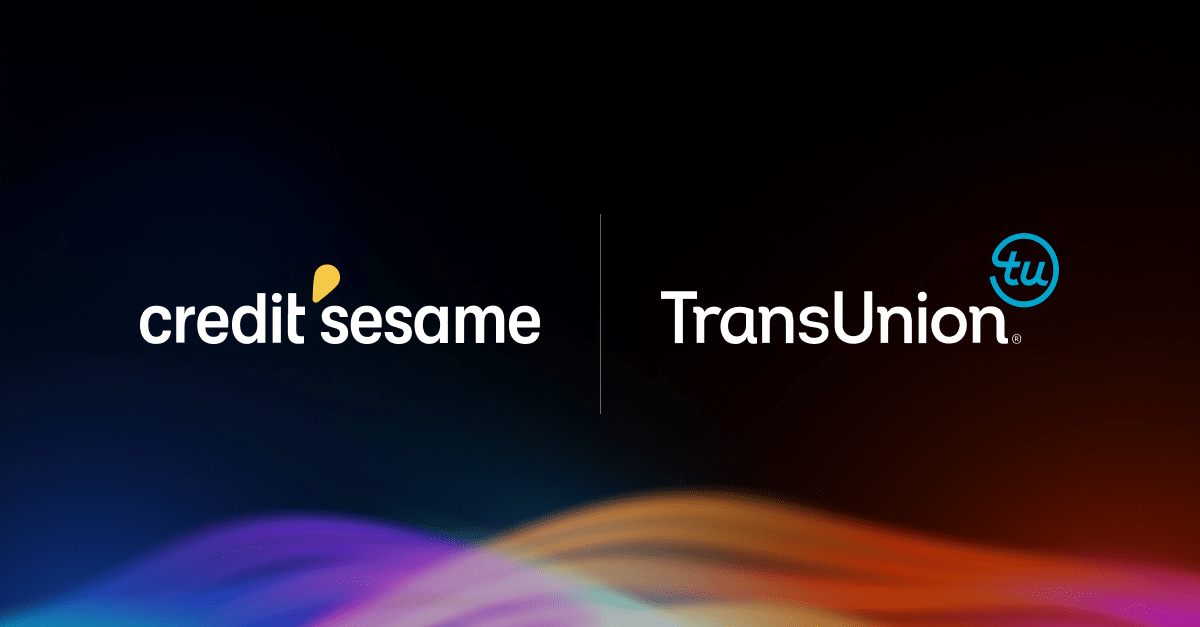While Americans say credit system is generally fair, those with poor credit say it’s stacked against them
SAN FRANCISCO, Calif. — Dec. 17, 2020 — Americans with poor credit are being hit hard by the system, and they know it, a new survey from Credit Sesame finds. Moreover, their experience of the credit system differs greatly from those with good credit and impacts nearly every aspect of their lives—from mental health and personal relationships to living situations.
According to the research, which surveyed 5,000 adults in the United States, those with poor credit scores (300-549) are overwhelmingly young, female, and have a high school education or less. They’ve also been hit harder by the pandemic than most—61 percent said it would take them between one and five years or more to recover financially, compared to 34 percent of Americans overall. And, they report a completely different experience with credit than the norm. Half (50 percent) said their first experience with credit was negative, and even more—61 percent—said their overall experience with credit was negative, compared to 18 percent of Americans overall.
“When I went to college they basically threw me a credit card and I didn’t know how to do it or what it was really all about,” said a respondent in the survey. “So I maxed them out and then was given more to spend and maxed that out and then screwed myself over.”
This dichotomy is especially evident in how a credit score has hurt or helped them. Almost all Americans with poor credit (94 percent) can identify how their credit score has negatively affected them in life. Over half (57 percent) have to operate on cash or debit because they don’t have a credit card, and half can’t buy a home or qualify for a car loan. Further:
- 28 percent can’t rent the apartment they want
- 22 percent can’t lease a cell phone
- 20 percent can’t get a business loan
- 19 percent have had to live with their parents longer than preferred
- 14 percent have missed out on a job opportunity
- 10 percent have had problems with romantic relationships
Of those with poor credit, 79 percent say their credit score induces negative feelings: 49 percent are “worried”, 46 percent are “ashamed”, and 30 percent are “angry”. This presents a striking difference with Americans with good or excellent credit who cite the positive feelings their credit score induces: 40 percent are “proud”, 40 percent are “happy”, and 34 percent feel “fine”. Almost half of those with poor credit (49 percent) try to hide their credit score from others—nearly twice as many as the broader population (26 percent).
“It’s expensive to be credit poor, and the costs are more than just financial,” said Jay Moon, General Manager of Credit, Credit Sesame. “Our recent survey shows that poor credit takes a toll on mental health and the kinds of lifestyle opportunities people can access. The term ‘credit worthiness’ gets thrown around a lot, but this survey shows that it’s also about someone’s self worth and how they operate day-to-day.”
When asked what factors had contributed to their credit score, 89 percent of those with poor credit cited barriers: almost half (48 percent) have bills in collections, 40 percent say they can’t keep up with bills or can’t afford to make payments, 32 percent have had unexpected medical expenses, and 28 percent have been unemployed for longer than six months.
This contrasts starkly with the experience of those who have good (640-719) or excellent (720+) credit, who cited positives (87 percent) rather than barriers:
- 56 percent said they had many years of good credit history – just four percent of those with poor credit said this
- 50 percent said they had always kept up on expenses – just three percent of those with poor credit said this
- 49 percent said they had never or rarely made a late payment – less than five percent of those with poor credit said this
- 45 percent said they had worked really hard to build good credit – less than five percent of those with poor credit said this
And, people with poor credit believe the system is unfair. Whereas 66 percent of respondents overall said they believed their credit score was an accurate reflection of whether they could be trusted to pay back a loan, just 38 percent of those with poor credit agreed. Furthermore, about a third (34 percent) of those with poor credit believe the financial services sector exists to hurt them.
While they are clearly frustrated with a system that appears to be stacked against them, many with poor credit say they are working hard to improve their credit score and financial situation by reducing debt (29 percent), signing up for a credit monitoring service (15 percent), working side jobs (14 percent), and using credit cards carefully (14 percent)—just 19 percent have given it up as a lost cause.
“The good news is that we are seeing more and more consumers take control of their own data to improve their credit score,” said Moon. “It’s a long game, but it starts with small steps.”
Methodology
Credit Sesame conducted this research using an online survey prepared by Method Research and distributed by Dynata among n=5,000 adults in the United States. The sample was balanced by census targets for age, gender and ethnicity to be nationally representative of the US population. Data was collected from October 16 to October 30, 2020.
About Credit Sesame
Credit Sesame’s mission is to help consumers work toward financial stability and ultimately create better opportunities for themselves and their families. Strong credit health is inextricably linked to financial health and stability, and with the launch of Sesame Cash, Credit Sesame will help consumers manage both. Credit Sesame has helped millions of consumers improve their credit scores, increase their approval odds, lower the cost of credit and save money. Credit Sesame is funded by leading venture capital firms and strategic investors, including Menlo Ventures, Inventus Capital, Globespan Capital, IA Capital Groups, NortonLifeLock, Capital One Ventures, and Stanford University, among others. Credit Sesame currently operates in the U.S. and Canada. For more information on Credit Sesame, visit www.creditsesame.com and follow on Facebook, Twitter and LinkedIn.




















